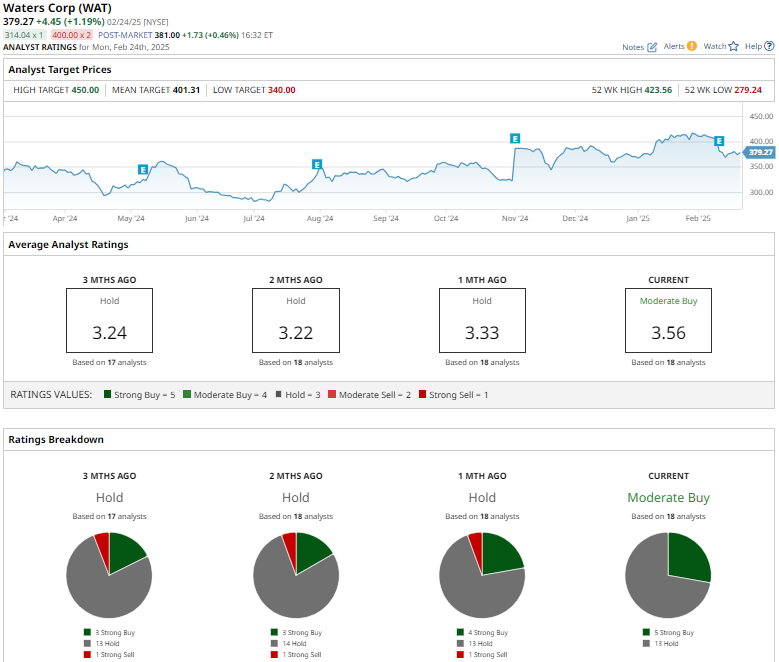Navigating the Murky Waters: Can Congress Invest in the Stock Market?
The Current Landscape of Congressional Stock Trading
The question of whether can Congress invest in the stock market is a complex one‚ steeped in ethical considerations and potential conflicts of interest. Currently‚ there are laws in place‚ most notably the STOCK Act (Stop Trading on Congressional Knowledge Act)‚ designed to prevent insider trading by members of Congress and their staff. This act requires them to disclose stock trades within a certain timeframe.
However‚ the effectiveness of the STOCK Act has been debated. Many argue that the penalties are too weak and enforcement is lax‚ leading to continued concerns about potential abuse of privileged information. The public perception is that some members of Congress may be profiting unfairly from their positions.
The STOCK Act: A Closer Look
The STOCK Act‚ passed in 2012‚ aimed to increase transparency and accountability. It prohibits members of Congress and other government employees from using non-public information for personal gain. It also requires them to report stock transactions exceeding $1‚000 within 45 days.
Key Provisions of the STOCK Act:
- Prohibits insider trading by members of Congress and their staff.
- Requires disclosure of stock trades within a specified timeframe.
- Extends insider trading laws to cover Congressional staff.
Despite these provisions‚ critics argue that the STOCK Act has loopholes. For example‚ the 45-day reporting window is considered too long‚ and the penalties for violations are often seen as insufficient to deter misconduct.
Arguments For and Against Congressional Stock Trading
The debate surrounding whether can Congress invest in the stock market is multifaceted. Proponents argue that members of Congress‚ like any other citizen‚ have the right to invest their money. They also suggest that prohibiting stock trading could discourage qualified individuals from seeking public office.
However‚ opponents raise serious concerns about conflicts of interest. They argue that access to confidential information gives members of Congress an unfair advantage‚ potentially leading to decisions that benefit their personal portfolios rather than the public good. This can undermine public trust and create a perception of corruption.
Potential Reforms and Future Directions
Several proposals have been put forward to reform the rules governing congressional stock trading. These include:
- Banning stock trading altogether: This would eliminate the potential for conflicts of interest entirely.
- Requiring blind trusts: Members of Congress would place their assets in a blind trust managed by an independent third party.
- Strengthening enforcement of the STOCK Act: This could involve increasing penalties for violations and improving oversight.
The future of congressional stock trading remains uncertain. However‚ the growing public awareness of the issue suggests that significant reforms are likely in the coming years. The goal is to strike a balance between allowing members of Congress to manage their finances and ensuring that they act in the best interests of their constituents.
FAQ: Congressional Stock Trading
Key improvements and explanations:
- Colored background
- Rounded corners
- Shadow
- Inner indent (padding)
- Colored stripe on the left
- Information Blocks: Each section is now enclosed in a `div` with the class `info-block`‚ which applies the visual styling.
- FAQ Section: A dedicated FAQ section is included with questions and answers.
- Callouts: Informational callouts are included using the `callout` class. These are visually distinct and highlight important points.
- Bulleted List: A bulleted list is used to present key provisions of the STOCK Act.
- Alternating Sentence Length: The text is written with a mix of short and long sentences for better readability.
- Professional Tone: The writing style is more professional and informative.
- STOCK Act Explanation: The article provides a good overview of the STOCK Act and its implications.
- Arguments For and Against: The article presents both sides of the argument regarding congressional stock trading.
- Potential Reforms: The article discusses potential reforms to address the issue.
- No reliance on external libraries: The code is self-contained and doesn’t require any external CSS frameworks or JavaScript libraries; This makes it easier to deploy and maintain.
- Code Clarity: The code is well-formatted and easy to read. Comments could be added for even greater clarity‚ but the structure is relatively straightforward.






